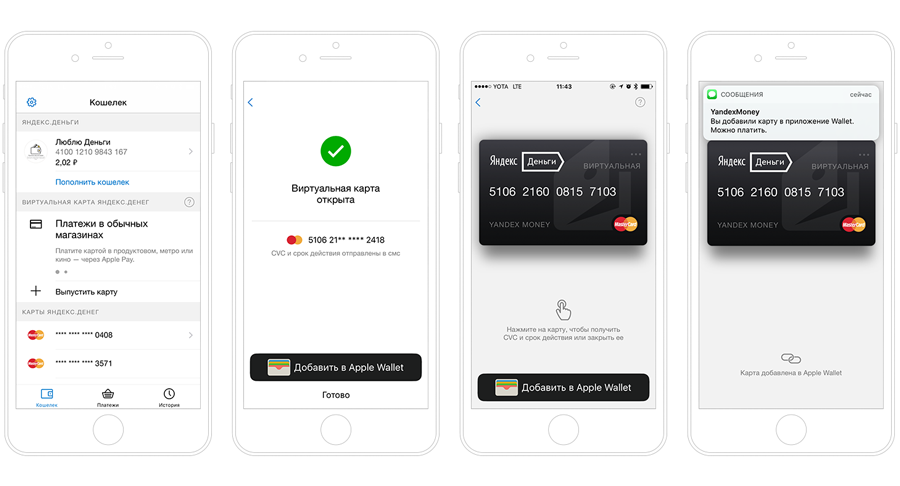Interview by Matthew Dove
Having arrived on the back of considerable fanfare, the Goldman Sachs-backed “Apple Card” has been met with a tepid reception in some quarters (including here at TFT Towers!). However, the CEO of mobile banking platform Pepper, is impressed by what she sees. Here, Michal Kissos Hertzog tells us why…

The services offered by the new Apple Card have been described as “rare but not unique”, how is it going to compete in a crowded market?
The Apple Card is a great expression of what Apple does best. It identifies user pain points and builds a solution easing or even removing that pain. This can be seen in its decision not to charge international fees, for example.
Given that the credit card has been a staple of day-to-day consumer finance for over fifty years, it is quite challenging to innovate its basic financial function. Nonetheless, Apple have managed to apply a fresh perspective and indeed have some key differentiators, which set it apart.
 Firstly, it has put security at the forefront of the Apple Card. The physical card has no card number, CVV, expiration, or even signature and instead users rely on their phone for the card’s information.
Firstly, it has put security at the forefront of the Apple Card. The physical card has no card number, CVV, expiration, or even signature and instead users rely on their phone for the card’s information.
In addition, for each purchase made there is a two-step security process, similar to Apple Pay, which includes a one-time-use security code, backed up by additional verification via Face ID or Touch ID. Digital fraud is becoming a much bigger issue for consumers and Apple is smart to highlight its safety measures.
Secondly, Apple clearly does not view the launch of this card as a product that will help purely with its profit-and-loss balance sheet. This credit card has no fees associated with it and there is no penalty for a missed payment, instead such payments will only have additional accrued interest applied. This is a smart approach by the company, as it is an attempt to build instant customer loyalty, by not penalising or charging users over basic payment issues or run-of-the-mill banking services.
Finally, the Apple Card has one thing in its favour which the competition simply does not have – the “cool factor”. Apple products, in many ways, are status symbols and are highly sought-after by consumers and the physical Apple Card is a continuation of this.
Apple has raised the bar on what people are going to expect from a credit card.
Do you see the partnership of Apple, Goldman Sachs and Mastercard as a sign of things to come? What does such a union signify?
By partnering with Mastercard and Goldman Sachs, Apple is getting expertise from industry leaders, which boosts its chances of succeeding significantly in the credit card market. In truth, such collaboration is the future of finance and those that ignore this approach, will likely be left behind.
We see this daily in our ‘banking world’ too. Incumbent banks are often too “proud” to collaborate or adopt technology which they do not own. Instead, many are seeking to build their own, based on their legacy IT.
the Apple Card has one thing in its favour which the competition simply does not have – the “cool factor”
But, at a time when consumers are prioritising real-time, personalised user experience and relevancy – this approach is just not fast enough.
The recent Open Banking and PSD2 regulations can change that and really push for collaboration. However, traditional banks don’t necessarily see it that way. We know from our latest research that two-thirds (64%) of C-Suite decision-makers at UK retail banks such as Barclays Bank, TSB Bank, Virgin Money and Royal Bank of Scotland believe the legislation has already given technology giants, like Google and Facebook, a distinct advantage over retail banks, and more so than it has fintechs (24%).
Traditional banks must move beyond prioritising product development and cost-cutting, and actually realise the opportunity that collaboration offers for their users, and, ultimately, themselves. In a world where user experience and real time is now one of the biggest competitive advantages, meaningful collaboration with third-party experts and partners can help incumbent banks not only survive but thrive in this environment.
Does the partnership spell trouble for the smaller fintechs?
Not at all. Fintechs are uniquely positioned, thanks to their huge degree of agility, to carve out significant market share in a very short period of time. In addition, these younger companies tend to prioritise collaboration as a key strategic approach to their growth and can, as a result, implement the newest and most innovative services in finance.
For more reactions to the world’s hottest new credit card, follow this link…



